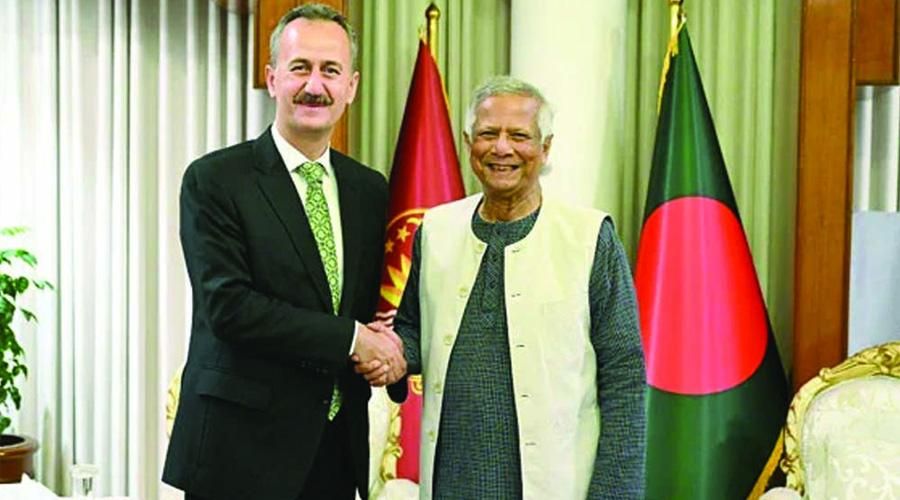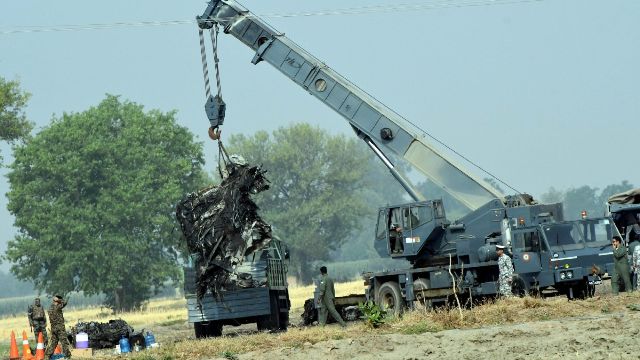Turkish Defense Chief’s Visit Signals New Era in Bangladesh’s Military Sector
Published: Jul 10, 2025
On July 8, 2025, the one-day official visit of Professor Haluk Görgün, President of Turkey’s Defense Industry Agency (SSB), was more than a ceremonial diplomatic event—it is being viewed by security analysts as a key turning point in Bangladesh’s path toward military modernization. During this visit, both countries engaged in crucial discussions surrounding defense cooperation, technology sharing, technical skill development, and long-term strategic partnerships.
Professor Görgün held meetings with the chiefs of Bangladesh’s Army, Navy, and Air Force, along with a courtesy call to Chief Adviser Professor Muhammad Yunus. In these meetings, discussions went beyond just defense equipment procurement and included prospects for joint production, technology transfer, and military training programs. Both parties expressed strong interest in deepening bilateral cooperation in the future.
This visit holds special significance for Bangladesh, as it could bring much-needed diversification in defense partnerships. While Bangladesh has historically relied on countries like China, Russia, and the United States for military support, Turkey is now being considered a new strategic partner. Known globally for its advanced drone technology, armored vehicles, and missile defense systems, Turkey’s involvement opens up new possibilities for Bangladesh to access and adopt modern defense technologies.
Experts believe Turkey is not merely interested in exporting military hardware to Bangladesh but is keen on establishing a long-term partnership by setting up local production facilities, transferring defense technologies, and training local personnel. This initiative could significantly boost Bangladesh’s domestic defense manufacturing capacity and create new employment opportunities in the sector.
Turkey’s Bayraktar drone technology has received international acclaim for its effectiveness in modern warfare. During the visit, discussions took place regarding the potential introduction of Bayraktar TB2 drones or even more advanced future drone systems in Bangladesh. Additionally, Turkey showed interest in contributing to maritime defense systems to help secure the Bay of Bengal.
Another major topic of discussion was the possibility of establishing defense industry clusters in Chattogram and Narayanganj. Turkey’s SSB expressed willingness to provide technical and engineering support for such initiatives. If implemented, Bangladesh could eventually produce certain defense equipment locally and even explore export opportunities.
Beyond the military dimension, this growing relationship also carries strategic geopolitical significance. Turkey aims to strengthen its presence in South Asia, and views Bangladesh as a trusted ally. In return, Bangladesh seeks to diversify its diplomatic and defense alliances to reduce overdependence on any single power.
In conclusion, Professor Haluk Görgün’s visit marks a significant milestone in Bangladesh’s defense modernization journey. It is not just a diplomatic gesture but potentially a strategic shift in the country’s defense policy. The real test lies in how quickly these discussions materialize and how sustainable and impactful the outcomes turn out to be in the coming years.


